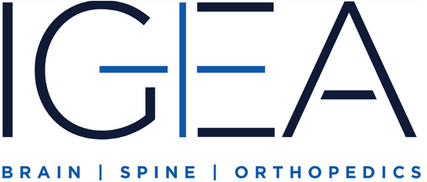DEMENTIA AND NEURODEGENERATIVE DISORDER SPECIALISTS IN NEW JERSEY & NEW YORK
Dementia refers to progressive cognitive decline characterized by memory loss and impaired reasoning. It is a complex condition affecting millions worldwide. Discussing dementia is crucial, as it not only impacts individuals but also places a significant burden on their families and caregivers, necessitating awareness and understanding.
Read on as we delve into the world of dementia, exploring its various aspects, including its definition, symptoms, different types, diagnostic methods, treatment options, and the challenges individuals and caregivers face when dealing with this condition. We hope to give you a comprehensive understanding of dementia and the tools required to navigate its complexities.
What is Dementia?
Dementia is a broad term encompassing a range of cognitive impairments resulting from damage to brain cells. It is characterized by a decline in memory, thinking, and reasoning abilities, affecting an individual's daily functioning.
Common misconceptions surrounding dementia often led to stigma and misunderstanding. Contrary to the myth that it's a normal part of aging, dementia is a medical condition. It's also not synonymous with occasional forgetfulness but represents a significant cognitive decline.
Dementia has a profound impact, not only on those diagnosed but also on their families and caregivers. It can lead to emotional and financial strain, as individuals with dementia require continuous support and specialized care to maintain their quality of life. Understanding the true nature of dementia is vital to providing empathy and effective care for those affected.
What Are the Symptoms of Dementia?
Dementia has a range of distressing and often debilitating symptoms that gradually worsen over time. These symptoms can broadly be categorized into cognitive, behavioral, and functional aspects.
Cognitive Symptoms
Memory Loss: One of the hallmark signs of dementia is memory impairment. Individuals may forget recent events and important dates or even struggle to recall familiar faces, making everyday tasks challenging.
Difficulty with Language: Dementia can affect language abilities, leading to difficulty in finding words, expressing thoughts, and following or joining conversations. This language impairment can result in frustration and social isolation.
Impaired Reasoning and Judgment: As dementia progresses, individuals may experience a decline in their ability to make sound decisions and judgments. This can result in poor financial choices, unsafe behaviors, and a decreased understanding of risks.
Behavioral and Psychological Symptoms
Mood Changes: Dementia can lead to unpredictable mood swings, causing individuals to become irritable, anxious, or even depressed. These emotional fluctuations can be distressing for both the person with dementia and their caregivers.
Personality Changes: Dementia can alter one's personality traits and social behavior. A person who was once gentle and kind may become apathetic or display socially inappropriate behaviors, thus straining personal relationships.
Agitation and Aggression: Some individuals with dementia may exhibit agitated or aggressive behavior. This can be caused by frustration, confusion, or a lack of effective communication, making caregiving more difficult.
Functional Symptoms:
Impaired Ability to Perform Daily Tasks: Dementia progressively impairs an individual's capacity to carry out everyday activities independently. Tasks like dressing, grooming, or preparing meals become increasingly challenging, and patients may require assistance with these tasks.
Disorientation: Individuals with dementia often become disoriented regarding time and place. They may lose track of the day, season, or even their location. This may lead to feelings of confusion and anxiety.
Difficulty with Motor Skills: As dementia advances, motor skills deteriorate. Simple actions like walking, writing, or using utensils can become arduous, further compromising an individual's autonomy.
Types of Dementia
Dementia is not a single, uniform condition but a group of disorders with various causes and characteristics. Understanding the different types of dementia is essential for accurate diagnosis and tailored care. Here, we explore four primary types:
Alzheimer's Disease
Prevalence and Characteristics: Alzheimer's disease is the most common form of dementia, accounting for approximately 60–80% of cases. It primarily affects memory, thinking, and behavior. Early stages involve mild forgetfulness, but it progresses to severe cognitive impairment.
Key Markers and Risk Factors: Accumulation of
beta-amyloid plaques and tau tangles in the brain are hallmarks of Alzheimer's. Age is the most significant risk factor, with genetics and lifestyle also playing roles.
Progression of the Disease: Alzheimer's advances through stages. In the early stages, memory lapses are common. The middle stage witnesses increased memory loss, confusion, and difficulty with daily tasks. The late stage involves severe cognitive decline, often rendering individual’s dependent on caregiving.
Vascular Dementia
Causes and Risk Factors: Vascular dementia results from impaired blood flow to the brain, typically due to strokes or damaged blood vessels. It is the second most common form of dementia. Risk factors include high blood pressure, diabetes, and smoking.
Symptoms and Diagnosis: Symptoms vary depending on the affected brain regions but often include difficulties with thinking, reasoning, and concentration. Diagnosing vascular dementia involves evaluating medical history, imaging studies, and cognitive assessments.
Management and Prevention: Managing vascular dementia involves addressing underlying vascular risk factors, such as controlling blood pressure and diabetes. Rehabilitation and lifestyle changes can help prevent further cognitive decline.
Lewy Body Dementia
Characteristics and Symptoms: Lewy body dementia is characterized by the presence of abnormal protein deposits (Lewy bodies) in the brain. It shares symptoms with Alzheimer's and Parkinson's disease, including memory loss, visual hallucinations, and motor difficulties.
Diagnosis Challenges: Diagnosing Lewy body dementia can be challenging due to its overlapping symptoms with other conditions. A comprehensive assessment by a specialist is often necessary.
Treatment Options: While there's no cure, medication can help manage symptoms. Caregiver education and support are crucial for addressing the unique challenges this type of dementia presents.
Frontotemporal Dementia (FTD)
Behavioral Variant: FTD includes several subtypes. The behavioral variant is characterized by changes in behavior, personality, and social conduct. Individuals may exhibit inappropriate actions, a lack of empathy, or impulsivity.
Language Variant: Another subtype involves progressive language difficulties, affecting the ability to speak, write, or understand language. This can lead to social isolation and communication challenges.
Diagnosis and Management: Diagnosing FTD relies on a detailed clinical evaluation and neuropsychological testing. Management focuses on addressing specific symptoms and providing support tailored to the subtype.
Understanding the distinct characteristics of each dementia type is essential for early diagnosis and appropriate management. While there is no cure for most dementia, early intervention, and targeted care can significantly improve the quality of life for individuals living with these conditions and their caregivers.
Diagnosing Dementia
Diagnosing dementia is a crucial step in providing appropriate care and support to individuals affected by this complex condition. Early diagnosis is of paramount importance for several reasons:
The Importance of Early Diagnosis: Timely identification of dementia allows for early intervention, which can help manage symptoms, slow the progression of the disease, and improve the individual's quality of life. It also provides an opportunity to plan for future care and support needs.
Medical Evaluation and Assessment: The diagnostic process typically begins with a thorough medical evaluation. This involves taking a detailed medical history, conducting physical examinations, and discussing symptoms with the patient and their family. This comprehensive assessment helps identify potential underlying causes of cognitive decline.
Cognitive Testing and Imaging: Cognitive testing is a vital component of dementia diagnosis. Neuropsychological assessments, such as the
Mini-Mental State Examination (MMSE), evaluate memory, language, and other cognitive functions. Imaging techniques like MRI or CT scans can reveal brain abnormalities, including atrophy or lesions, which can aid in diagnosis.
Differential Diagnosis and Ruling Out Other Conditions: Dementia shares symptoms with other medical conditions, including depression, vitamin deficiencies, and thyroid disorders. To arrive at a dementia diagnosis, healthcare professionals must perform a differential diagnosis, ruling out these reversible conditions through blood tests and other assessments.
An early and accurate diagnosis of dementia is essential for timely intervention and support. A comprehensive evaluation, cognitive testing, and careful consideration of potential underlying causes ensure that individuals receive the appropriate care and assistance needed to navigate the challenges posed by dementia.
If you or a loved one are experiencing cognitive concerns or have questions about dementia, we encourage you to reach out to IGEA Brain & Spine. Our dedicated team can provide expert guidance and support.
Don't hesitate to
contact us for a consultation and to learn more about your options for diagnosis and care. Your well-being is important, and seeking assistance from specialists can make a significant difference in managing dementia-related challenges.

